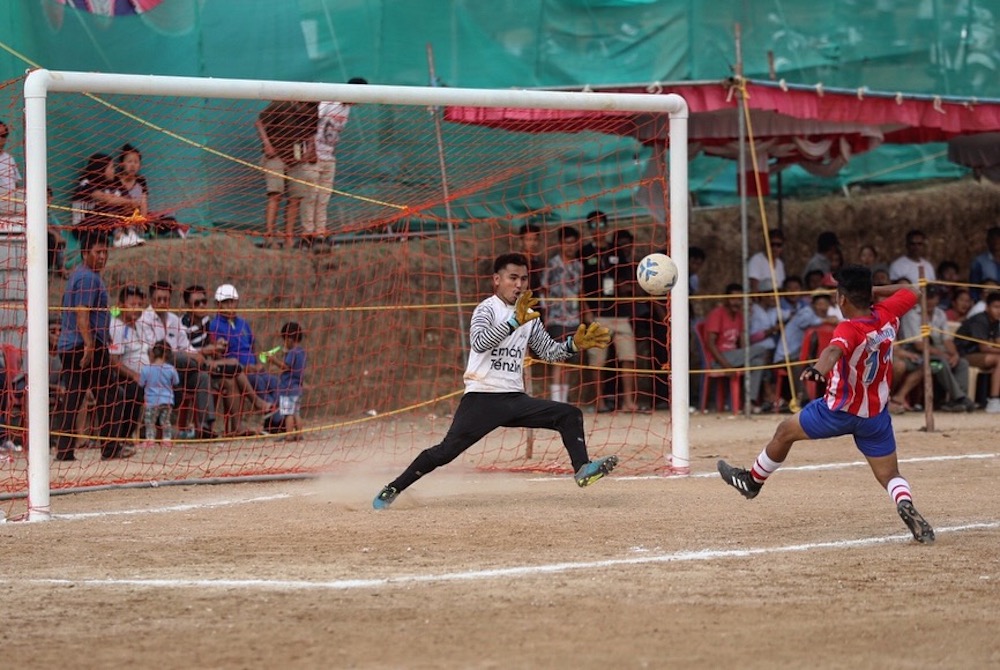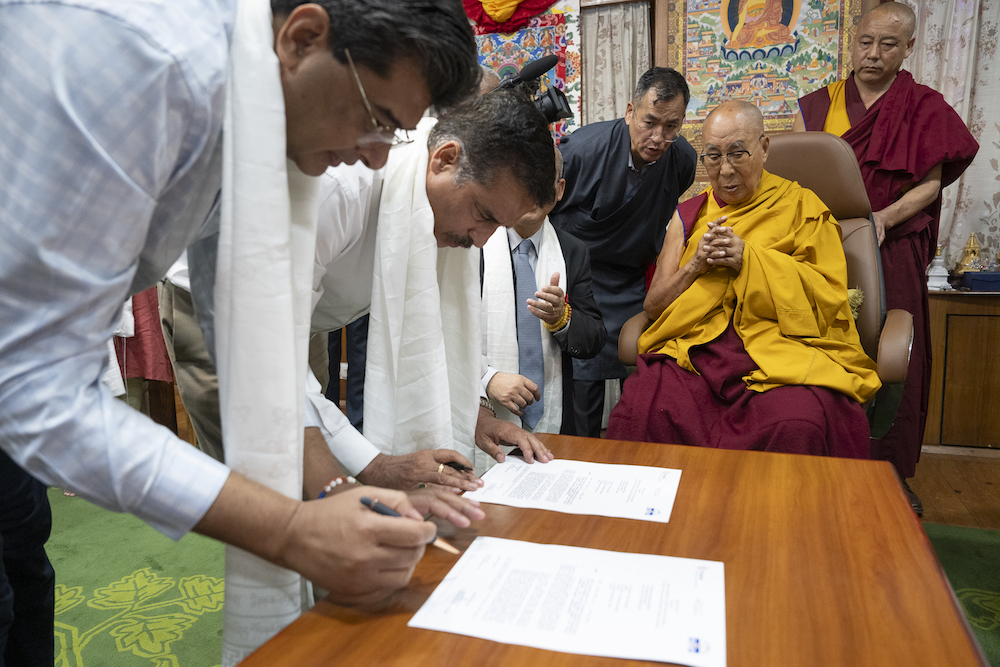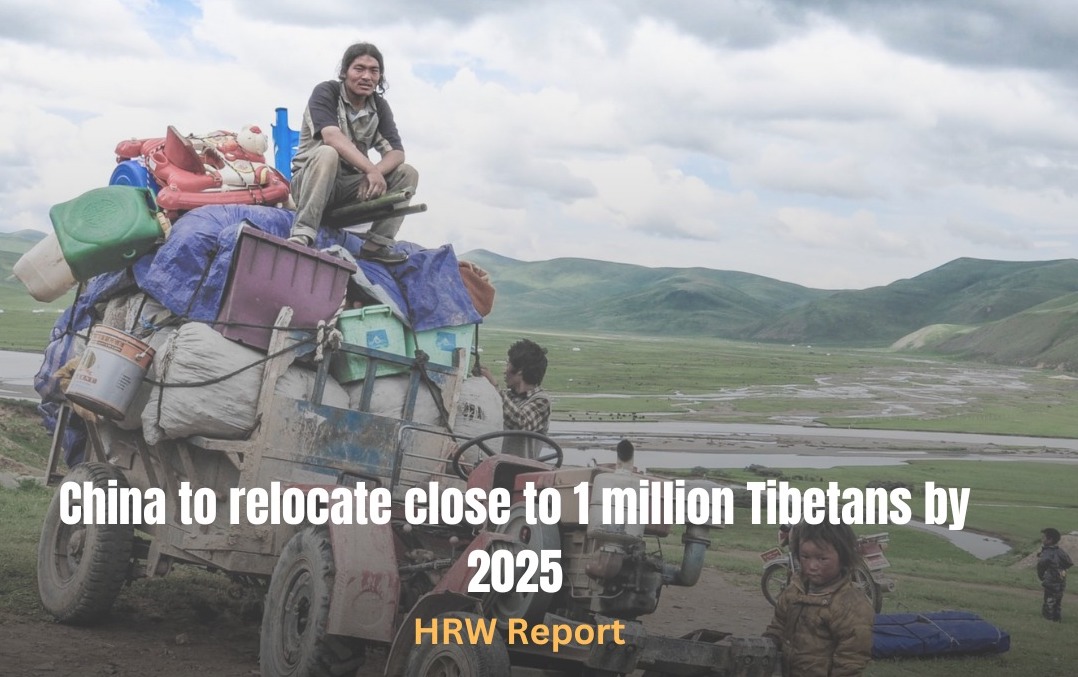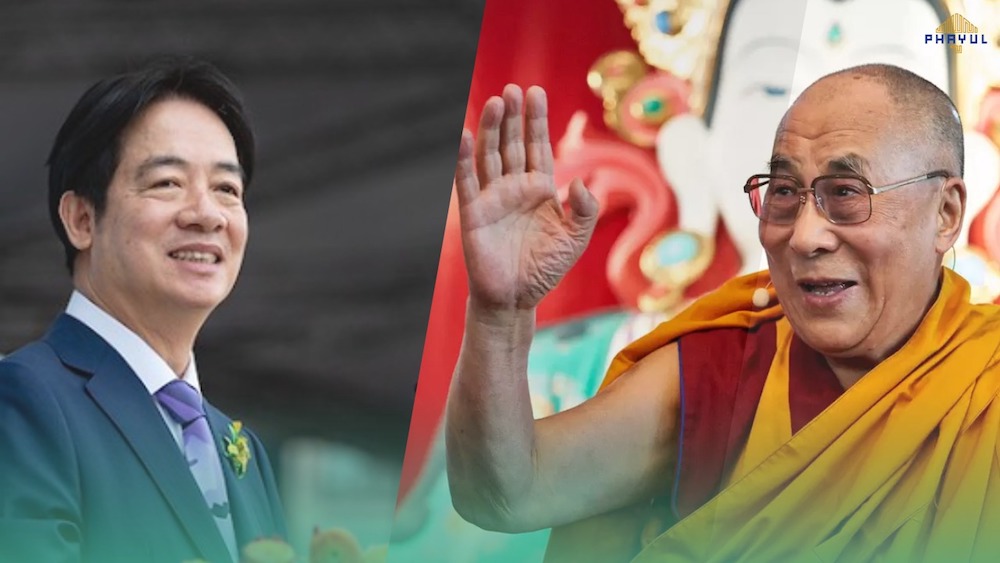 TOKYO, April 18 – Japan’s Prime Minister Yasuo Fukuda bluntly told China Friday that Tibetan unrest had become an international issue, contradicting Beijing’s official line, and hinted it could hit the Olympics.
TOKYO, April 18 – Japan’s Prime Minister Yasuo Fukuda bluntly told China Friday that Tibetan unrest had become an international issue, contradicting Beijing’s official line, and hinted it could hit the Olympics.
Yasuo Fukuda made the remarks to visiting Chinese Foreign Minister Yang Jiechi, who is paving the way for President Hu Jintao’s much-anticipated trip here next month.
“Prime Minister Fukuda stated that there was a need to face up to the reality that the matter has become an international issue and that it should not affect the Olympics,” a foreign ministry statement said.
“It is desired that the Chinese side does all it can to solve the matter,” it quoted Fukuda as saying.
China has repeatedly countered criticism of its crackdown in the Himalayan region by saying its handling of protests last month was strictly an internal matter.
Exiled Tibetan leaders say China’s clampdown left more than 150 dead, while Beijing says “rioters” killed 20.
The incident has overshadowed China’s hosting of the Beijing Olympics in August, with protests marring international legs of the ceremonial torch relay.
On Friday, a Japanese temple pulled out of a hosting ceremony for the flame during its visit to Nagano, host of the 1998 Winter Olympics.
The United States declined to its ally’s warning, but said it wants conditions in Tibet to improve.
“I don’t think we try to characterise it as a national issue or an international issue. I don’t think that’s the point of it,” White House spokesman Tony Fratto told reporters.
“The point of it is that there are lots of places in the world where we have an interest in the human rights of the citizens who live there, and we express our interest and our concern in all of those places. And we want to see the conditions improve.”
Yang, who had described Tibet as a “domestic issue” on Friday, reiterated Beijing’s position that the Dalai Lama, the region’s exiled spiritual leader, was responsible for the deadly unrest.
“If the Dalai’s side stops splittist activities, violent activities and activities to sabotage the Olympics, the door for dialogue is open,” Yang told Fukuda, according to the statement.
Yang’s four-day visit is mainly aimed at preparing for Hu’s trip scheduled for May 6-10, the first in a decade by a Chinese head of state.
Although relations between Tokyo and Beijing have warmed recently, ties have been strained by a health scare here over Chinese-made dumplings and an ongoing dispute over lucrative drilling rights to gas fields in the East China Sea.
Fukuda, who took office in September, has sought friendly ties with China, which refused high-level contacts during the 2001-2006 premiership of Junichiro Koizumi due to his visits to a controversial war shrine.
Fukuda told Yang that “both sides need to make efforts to overcome various (bilateral) problems,” the statement said.
“China would like to build a framework with Japan through the visit (by Hu) so that the two countries will prosper in the long term,” Yang told reporters.
“I showed my appreciation to Prime Minister Fukuda as he said he supported a successful Olympics in China,” he said.
During his visit to China in December, Fukuda agreed with Hu to seek a resolution on the gas dispute at an early date, although no major breakthrough has yet been made.
Chief Cabinet Secretary Nobutaka Machimura, Fukuda’s number two, said he had expressed Japanese concerns over the safety of Chinese food in his talks with Yang.









